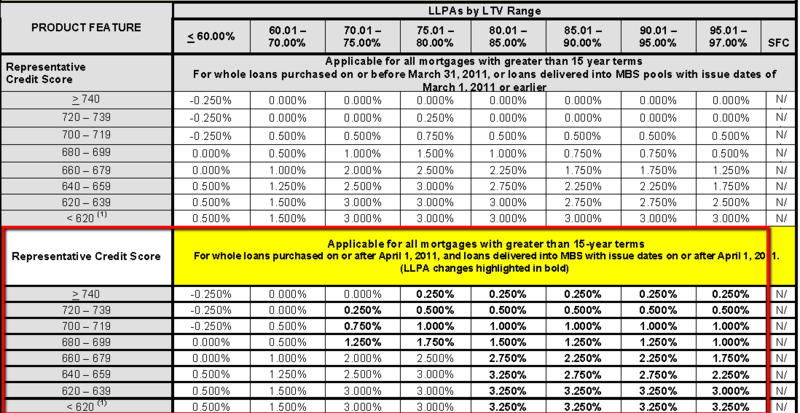Update: Home Affordable Refi Program has been extended through December 2013!
Good news for home owners who have a qualified conventional mortgage where their home has depreciated in value and they want to refinance to a lower rate or more stable program, the Fannie Mae Home Affordable Refinance Program and Freddie Mac's Relief Refinance have been extended to next summer (notes dated on or before June 30, 2012).
In addition to extending the cut off date for this program, which was scheduled to sunset this summer, Fannie Mae has expanded the loans they will consider for this program. From their March 14, 2011 announcement:
"Currently to be eligible for Refi Plus or DU Refi Plus the existing mortgage loan being refinanced had to be purchased by Fannie Mae prior to March 1, 2009 or in an MBS pool with an issue date prior to March 1, 2009. With these program changes, mortgage loans are now eligible if they were purchased by Fannie Mae prior to June 1, 2009 or in an MBS pool with an issue date prior to June 1, 2009….
Loans purchased by Fannie Mae between March 1, 2009 and June 1, 2009 will not recognized by Fannie's underwriting system (DU) until April 11, 2011.
I am thrilled that Fannie is adding three months of their loans to be eligible for the HARP program which makes the qualifying dates consistant Freddie Mac's program.
Remember, you do not have to go to your mortgage servicer (who you make your mortgage payment to) for this program…unless you have pmi. Wouldn't it be great if some of the big banks who have been refusing to consider borrrowers with private mortgage insurance for the HARP program loosen up? One can hope! If you're a borrower who's been refused a Home Affordable refi by your bank due to privatate mortgage insurance, you may want to sign this petition.
Related post:
The Home Affordable Refinance Program extended until next summer [includes info on Fannie Mae's Home Affordable program].
Freddie Mac's Home Affordable Refinance - Refinance Relief Program








Recent Comments